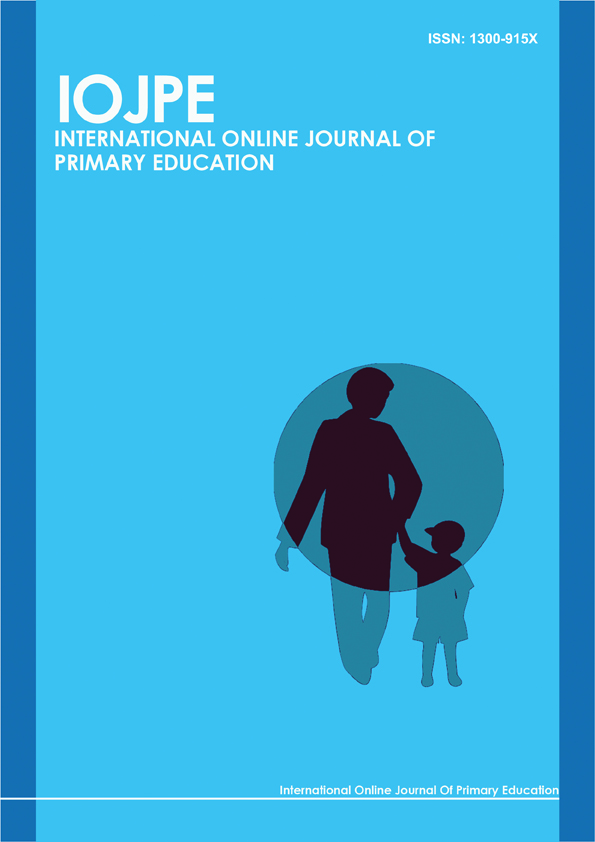
International Online Journal of Primary Education
Yazarlar: Yılmaz MUTLU, Ebru KORKMAZ
Konular:-
Anahtar Kelimeler:Dyscalculia,Mathematics-learning difficulty,Reading clock,Analog clock
Özet: This paper aims to investigate the clock reading skills of third graders with and without dyscalculia risk. Data were collected from 290 (136 girls, 154 boys) third graders from three different primary schools located in the city center of Mus. Of the participants, 29 were at risk of dyscalculia while 261 were normally achieving. The study employed the triangulation method, one of the mixed-method research design patterns. Data collection tools include a mathematics achievement test, a clock-reading test developed by the researchers, and an interview form designed for children who are at risk of dyscalculia. Analysis of data from all participants revealed that there is no significant difference between boys’ and girls’ mathematics achievements. There is a significant difference in terms of clock reading skills in favor of boys. There is a moderate (.56) relationship between mathematics achievement and clock reading skills, and ability to read clocks explains 31% of the total variance in mathematics achievement. The means of the scores of children with and without dyscalculia risk from the 28-item clock-reading test were 5.45 and 11, respectively. During the interviews with 20 children at risk of dyscalculia, the majority of children (13) were able to draw an analog clock but only 50% of the children were able to draw the given time correctly on the clock. It was also found that most of the children (12) confused hour and minute hands and could not tell why there are 12 numbers on an analog clock while there are 24 hours in a day (average number of correct answers 8). Besides, only four students gave correct answers to the question regarding five-minute intervals. The results indicate that children with and without dyscalculia risk have difficulty reading clocks. Furthermore, our results show that, considering the predictivity of clock reading skills for mathematics achievement, difficulties in reading clocks at an early age can be considered as an early indicator of dyscalculia in children.